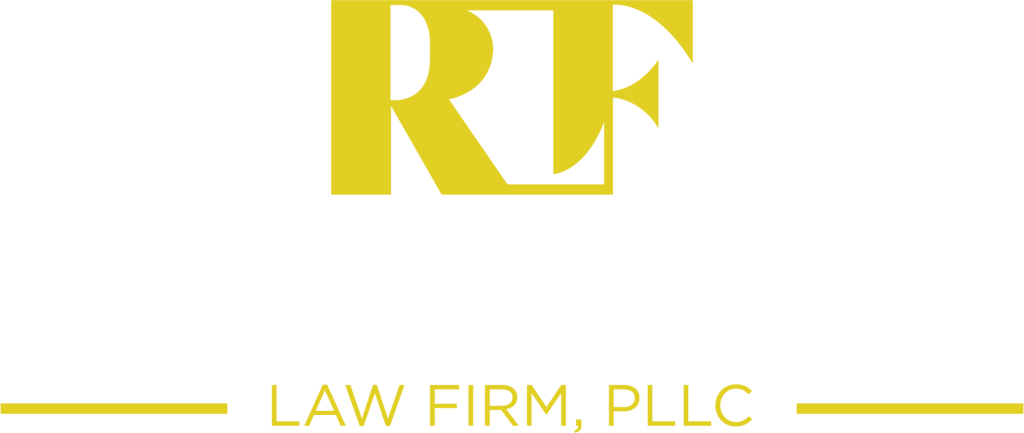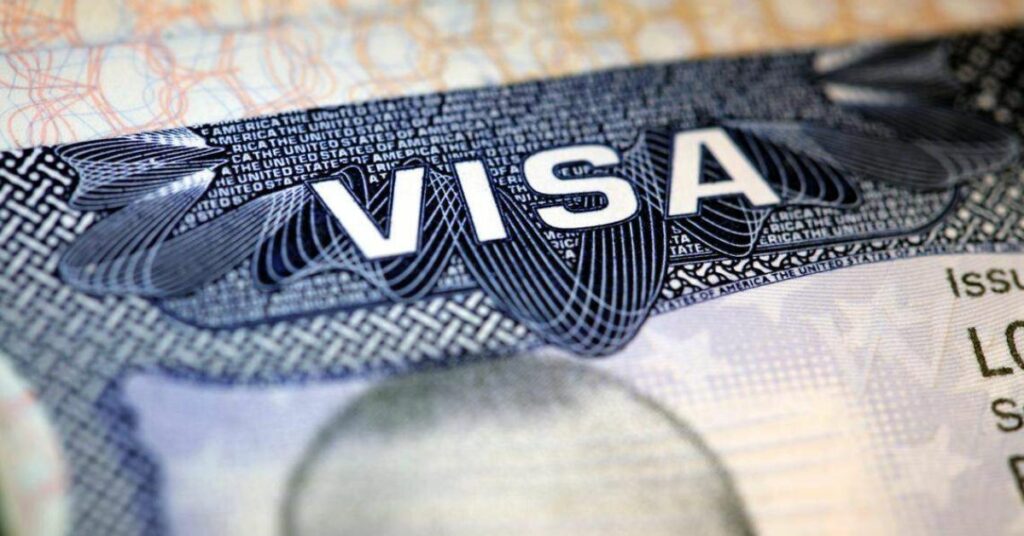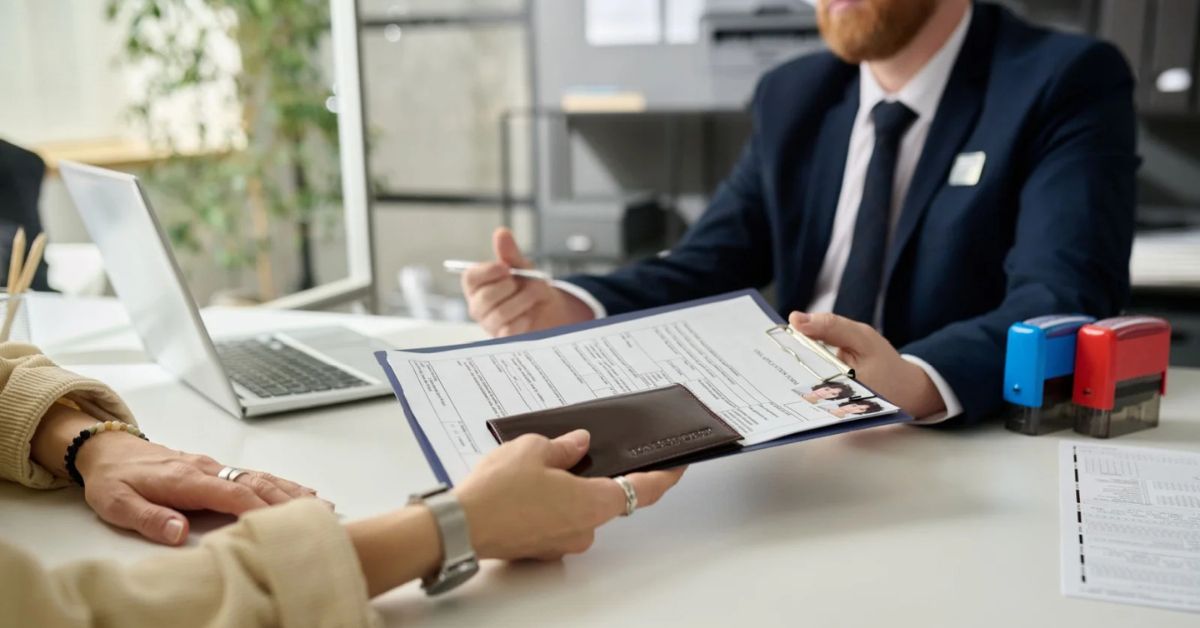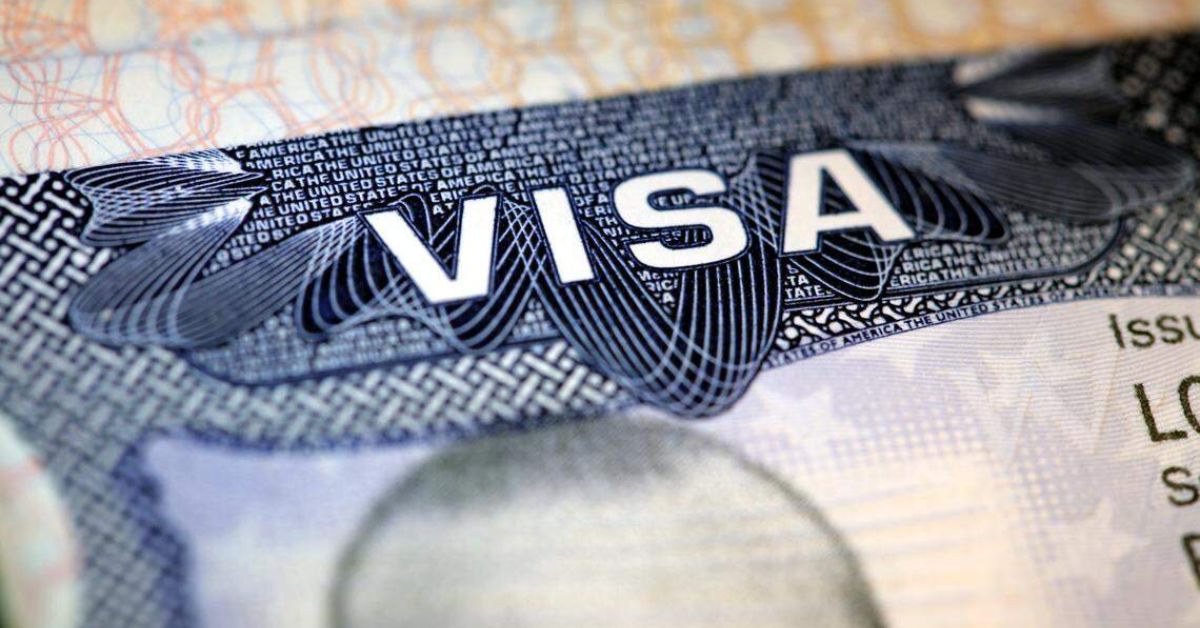Table of Contents
ToggleMastering the B1/B2 Visa Extension Process: Avoid These Common Mistakes
The B1/B2 visa extension process may seem straightforward, but it requires careful attention to detail. Many visitors assume that extending their stay in the US is as simple as filling out a form. In reality, even a small mistake can lead to delays, denials, or worse, a violation of immigration status.
The B1 visa applies to business visitors attending meetings or conferences, while the B2 visa is for tourists or those visiting family. Whether you’re here for business or pleasure, filing a timely and accurate extension request ensures you can remain in the US legally and without complications.
Missing the Filing Deadline

One of the most common and serious errors applicants make is filing the B1/B2 visa extension too late. The US Citizenship and Immigration Services (USCIS) recommends filing at least 45 days before your current visa expires. Waiting until the last minute can jeopardize your status, as your application might not be processed in time.
If your authorized stay expires before you file, you could be considered “out of status,” which can result in the denial of your extension or difficulties obtaining future visas.
Pro Tip: Mark your I-94 expiration date early, set reminders, and file ahead of time. Even if your stay is extended later, filing on time shows good faith compliance with US immigration law.
Incomplete or Incorrect Form I-539
The Form I-539 is the official request to extend your B1 or B2 visa. Unfortunately, many people who file their applications for a visa in this way either do not notice or forget to provide the necessary information. A missing signature, failed checkbox, or outdated information can cause USCIS to simply deny your application.
Always check each section carefully before submitting the form and all other documents needed. Include a copy of your reader’s passport, I-94 record, proof of funds, etc. You should include a full explanation of why you are seeking an extension of your B2 visa or renewal of your B1 visa.
Ignoring the Financial Evidence Requirement
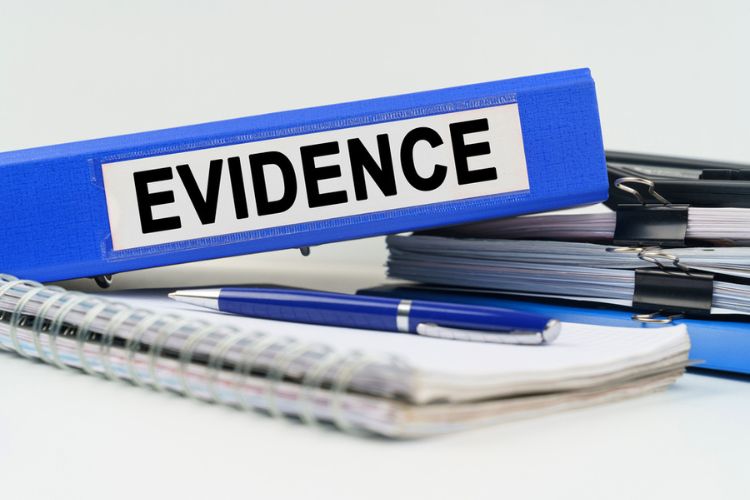
The USCIS will need to see evidence of your ability to support yourself during your extended stay. Many applicants incorrectly believe that all they need to do is provide a bank statement. In reality, you need to show that you won’t depend on unauthorized employment or public assistance while in the US.
Provide clear, recent financial documents, such as bank statements, sponsorship letters, or evidence of ongoing income, to show that you can cover all expenses for the requested duration.
This step is crucial, especially when applying for an extension for B2 visa holders who are staying for personal or leisure reasons.
Submitting Weak Explanations for the Extension
You must have a solid, credible reason with proof to stay longer. Just saying “I want to travel more” or “I need more time” usually does not suffice. Instead, you need to have a solid reason, with proof, that is specific and verifiable.
For example, if you are a B1 visitor, you can give reasons if you want to extend the B1 visa due to more meetings, business negotiations, or training sessions that require more time. In the case of visitors on a B2 visa, acceptable reasons could include emergencies related to family or health, and also extended tourism.
A strong, well-documented explanation increases your chances of approval and demonstrates that your intentions remain consistent with your visa category.
Misunderstanding the B1/B2 Visa Extension Fees
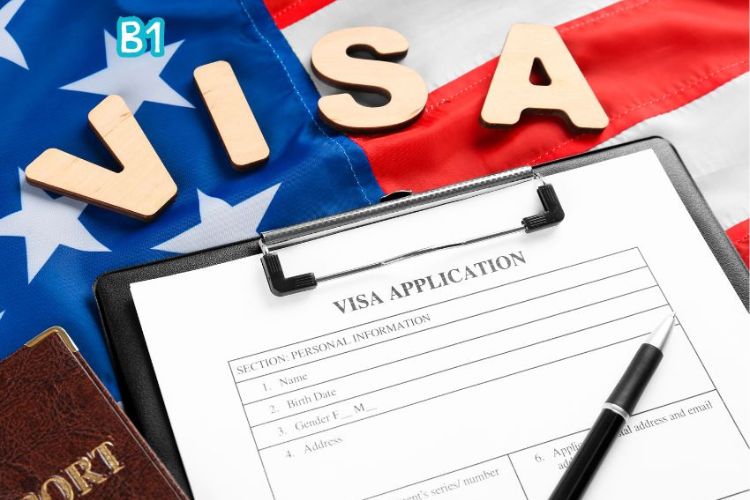
Another frequent mistake is misunderstanding or underpaying the B1/B2 visa extension fees. The current filing fee for Form I-539 must be paid correctly, and payment methods vary based on how you file, online or by mail.
Any mismatch in amount or incorrect payment details will result in immediate rejection. Always verify the latest USCIS fee requirements before filing to ensure your application is processed smoothly.
Failing to Maintain Legal Status During Processing
Once you file your B1/B2 visa extension, you must continue to maintain your current visa conditions. That means avoiding unauthorized work, respecting travel restrictions, and staying within the US while your application is pending.
If you leave the US before USCIS makes a decision, your application will automatically be considered abandoned. Maintaining compliance with visa rules demonstrates respect for immigration law and protects your eligibility for future entries.
Not Seeking Legal Guidance
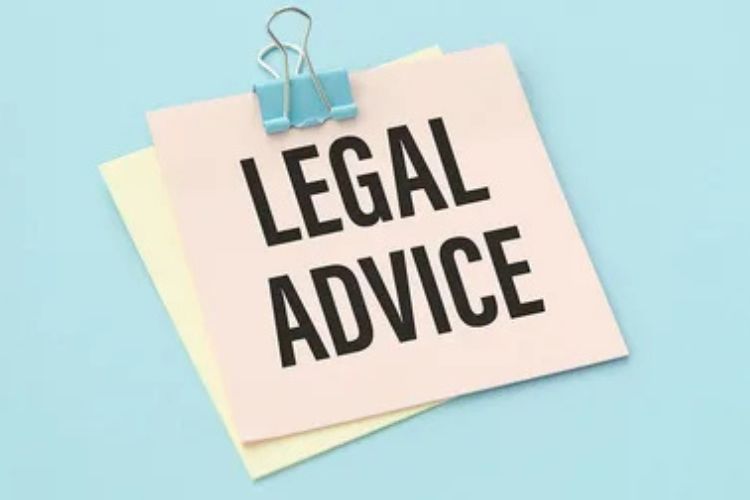
The US immigration process can be complex, and visa extensions are no exception. Many applicants face unnecessary stress, delays, or denials simply because they didn’t seek professional guidance.
A B1/B2 visa extension attorney in NY can evaluate your materials, spot potential problems, and enhance your application to avoid expensive mistakes. With the right lawyer on your side, you can make sure that your submission is correct, accurate, and on time!
At The Rochester Law Firm, our experienced immigration lawyers help you understand every step, from how to extend a B1 visa or how to extend a B2 visa to gathering evidence and preparing strong legal explanations.
Forgetting About the “Intent to Return” Requirement
When applying for an extension of a B1 visa or a B2 visa, USCIS wants reassurance that you intend to return home after your visit. Failing to prove “nonimmigrant intent” can cause suspicion and lead to denial.
To strengthen your case, include evidence like:
- Employment verification letters from your home country
- Proof of family ties or business obligations abroad
- Property ownership or lease agreements
Showing strong ties to your home country assures USCIS that your request is temporary and genuine.
Why Professional Help Matters
Filing a visa extension on your own can feel overwhelming, especially when small errors carry big consequences. Working with the Best immigration attorney Rochester Law Firm gives you a strategic advantage. Our attorneys have helped numerous visitors extend their stays legally and successfully, minimizing the risk of denials or violations.
We take the time to understand your situation, help you prepare supporting documents, and communicate effectively with USCIS, ensuring your application stands out for all the right reasons.
FAQs About B1/B2 Visa Extension
How early should I file my B1/B2 visa extension?
You should file at least 45 days before your authorized stay expires to give USCIS ample time to process your request.
What happens if my visa expires while my extension is pending?
If you filed on time, you may stay in the US until a decision is made, provided you continue following visa rules.
Can I work while waiting for my B1/B2 visa extension approval?
No. The B1/B2 visas do not permit employment in the US. Engaging in work can lead to denial or future visa complications.
How long can I stay if my extension is approved?
Generally, you can extend your stay for up to six additional months, depending on the reasons provided and USCIS discretion.
Take the Next Step with The Rochester Law Firm
Avoid the risks and uncertainty of handling your B1B2 visa extension alone. At The Rochester Law Firm, we provide the personalized legal support you need to stay compliant, confident, and informed every step of the way.
Contact us today to schedule a consultation with an experienced immigration attorney and ensure your visa extension process goes smoothly.
